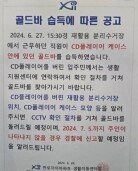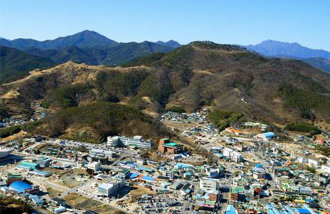[Opinion] The American Vice-President
The vice-president of the U.S., the sole superpower of the world, is first in the presidential-succession line and holds the post of Senate chairman, but his annual salary of $181,400 is roughly the same as the salary of an average minor enterprise CEO. Nevertheless, no one considers the vice-presidents role and status as insignificant. In reality, however, the status of the vice-president was not as significant as it is in the present day. The first Vice-President John Adams is known to have described the vice-presidency as the most insignificant office that ever the invention of man contrived.
The first time the vice-president was elected after being nominated by the presidential candidate, as it is done in current times, was after the ratification of the Twelfth Amendment to the U.S. constitution in 1804. Until the third presidency, no presidential or vice-presidential candidates existed. Members of the Electoral College had two votes, and the candidate receiving the most votes was elected president, while the runner up became vice-president. For this reason, the second president and vice-president came from different parties. One of the various roles of the vice-president is being a future presidential candidate. History has proven that fact: eight vice-presidents have succeeded to presidential office after the death of the president, and five vice-presidents were elected president.
The vice-president receives the spotlight from the moment he is nominated until he delivers his acceptance speech at the party convention. That is the reason why the Democrat vice-presidential candidate nominee Senator John Edwards, and current Vice-President Dick Cheney, who has not been confirmed as running for office, are at the center of attention.
In order to gain the most votes, the vice-presidential candidate is usually arranged to come from a different region, and also differs slightly in ideology with the presidential candidate. There are also other reasons for nomination. Senator Edwards was nominated for his regional background, while Vice-President Cheney was nominated for his diverse experience in office.
The positive point of the vice-presidential system is that the successor for the next presidential elections is predictable so it helps politics, and that there is a second-in-command who was elected by the people and will reliably help the president. In case of Korea, the vice-presidency existed until the Liberal Party (Jayoo-dang) was in power, but it was abolished after the April 19 revolution and May 16 coup detat. Although there was no vice-president, past governments had many unelected, unverified seconds in command. I wonder how it would be for Korea to have an elected official, second only to the president, to help the president with abundant administrative experience.
Correspondent to Washington, Kwon Soon-taek, maypole@donga.com







